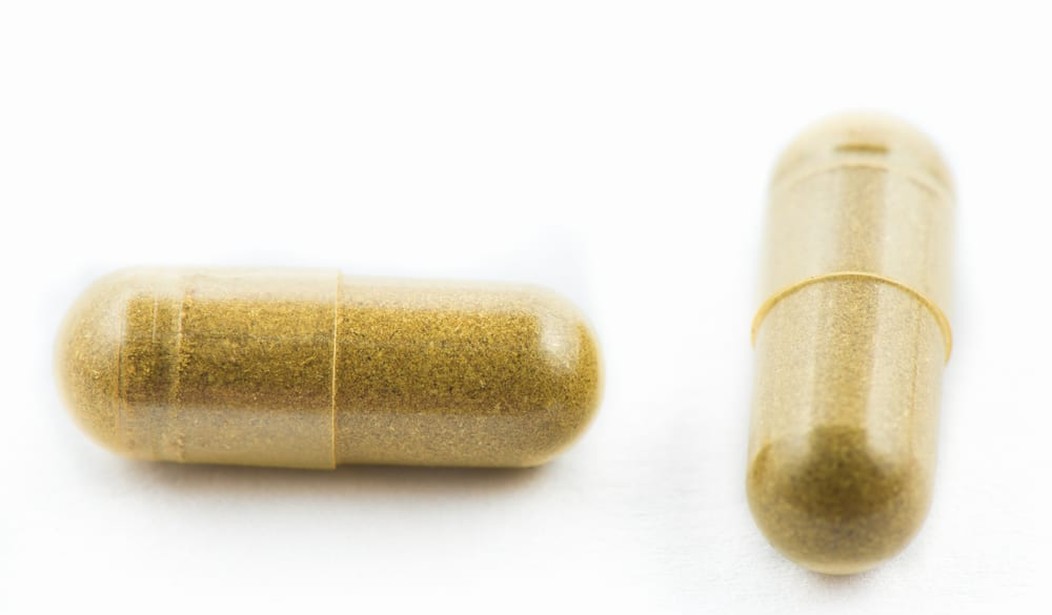Losing weight is hard, and for some, it’s nearly impossible. If you’re someone who struggles with obesity— or even if you’re carrying around a few extra pounds of baby weight—you might be interested in this:
A clinical trial is underway to determine whether eating a skinny person’s poo can help overweight individuals drop their extra pounds. From ClinicalTrials.gov:
Multiple lines of evidence suggest that gut microbiota play an important role in regulating human metabolism. In this study, subjects will receive FMT capsules from lean metabolically healthy donors to study effects on body weight and insulin sensitivity.
FMT, shorthand for fecal microbiota transplantation, will be delivered to obese subjects through capsules packed with—I am not making this up—freeze-dried fecal stool bacteria from lean donors in the hopes that the overweight patients will inherit the donors’ healthier metabolisms.
MIT announced in October that they are launching a non-profit stool bank—yes, stool bank—to collect fecal microbiota. (No word on whether stool donors will be treated to cookies and orange juice after a donation, like they are when they give blood.) MIT will apparently collect donor stool and pack it into poo capsules that will be used to replace the more invasive fecal transplants:
Fecal microbiota transplantation, or FMT, is procedure in which a stool preparation from a healthy human donor is infused into the intestine of a patient. It is typically delivered via colonoscopy, enema, or a plastic tube inserted through the nose into the stomach or intestines.
Fecal microbiota transplantation has been shown to be effective in treating Clostridium difficile infections. C. difficile is the most common hospital-acquired infection, and it is often resistant to antibiotics. The manufacturer says the poo pills are “strongly preferred” by patients over the more invasive transplant procedures (no kidding!).
But now researchers want to know if there are other uses for the poo caps, including weight loss. Recent studies suggest that gut bacteria may play an important role in regulating weight. In one case that surprised the medical community, a woman who had never been overweight gained 30 pounds after getting a fecal transplant from her overweight teenage daughter. (I know what you’re thinking…someone must have slipped you a fecal transplant when you weren’t paying attention during that last C-section, right?)
How far would you go to shed those extra pounds? If this turns out to be the magic weight loss bullet, I have a feeling we’re going to see people standing in Black Friday-length lines—and paying a fortune—to get their poop pills.










Join the conversation as a VIP Member